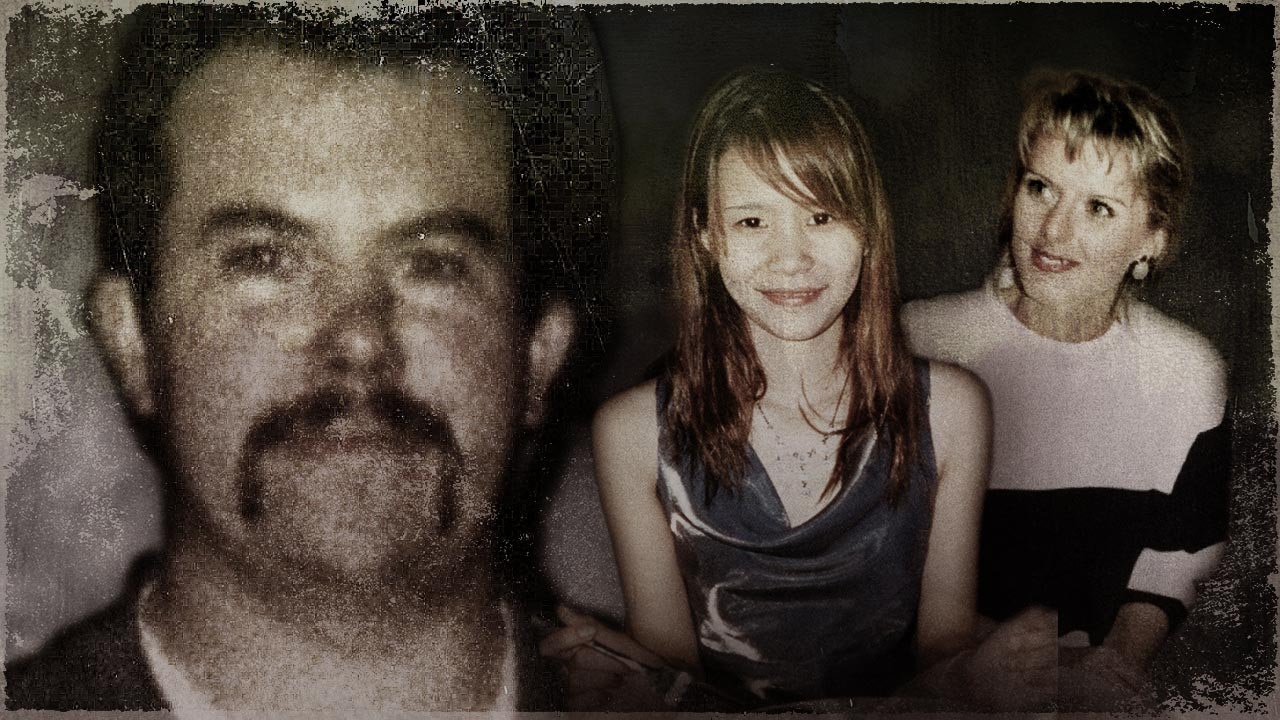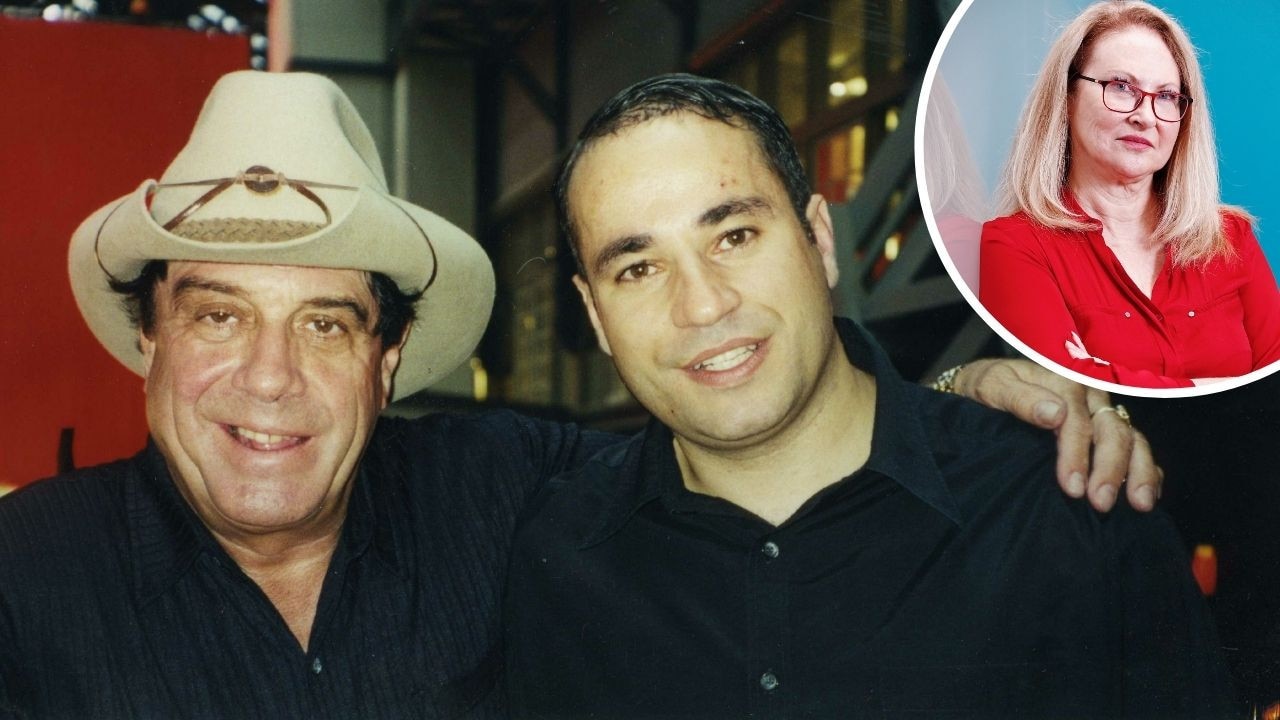Twisted Minds podcast: Inside Australia’s most unlikely killers
The crimes of these unlikely killers shocked Australia. Forensic expert Dr Susan Pulman reveals what motivated them in our new Twisted Minds podcast.
Twisted Minds
Don't miss out on the headlines from Twisted Minds. Followed categories will be added to My News.
They’re the most unlikely of killers.
The shy guy who washes dishes at your local restaurant, until one night he leaves work and stabs a random stranger to death in his bed.
The middle-aged bloke in IT, who never raised his voice but gets up for work one winter’s morning and kills both his elderly parents.
Or the country grandfather who enjoyed a spot of lawn bowls … until he was sentenced to life for murdering his wife.
The crimes of baby-faced kitchenhand Daniel Kelsall, parent-killer David Reid, and deranged grandfather John Walsh are tragic and nonsensical.
But to forensic psychologist Dr Susan Pulman, dissecting the details of offences like these are all in a day’s work.
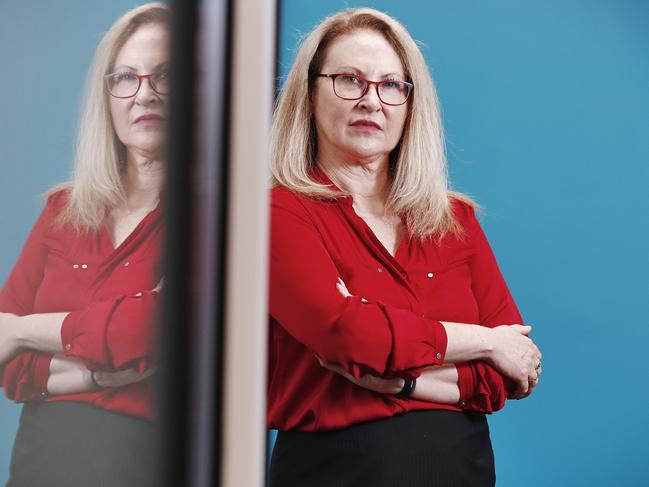
Her role, which sits at the nexus between psychology, human behaviour and the law is to assess offenders, and explain to the courts what may have led to commit their crimes and, indeed, if they’re likely to do it again.
Take the case of 20-year-old killer Daniel Kelsall, who stabbed handsome Sydney businessman Morgan Huxley to death in 2013.
Kelsall was not an obvious suspect. He had never met Mr Huxley, had no obvious motive and was not known to police.
But when the nerdy-looking youth finished work at a cooking school in Neutral Bay, on Sydney’s North Shore, he spotted Mr Huxley at an ATM.
Mr Huxley was on his way home from a friend’s engagement party and visited the ATM before stopping in at pub, The Oaks, for one last drink.
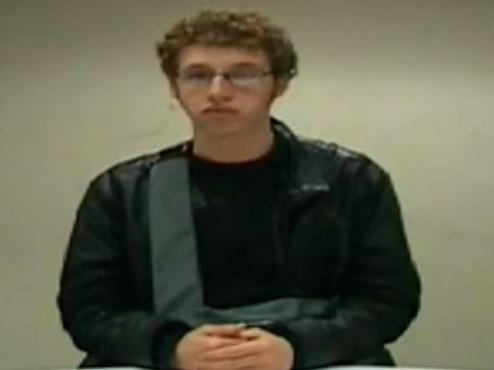
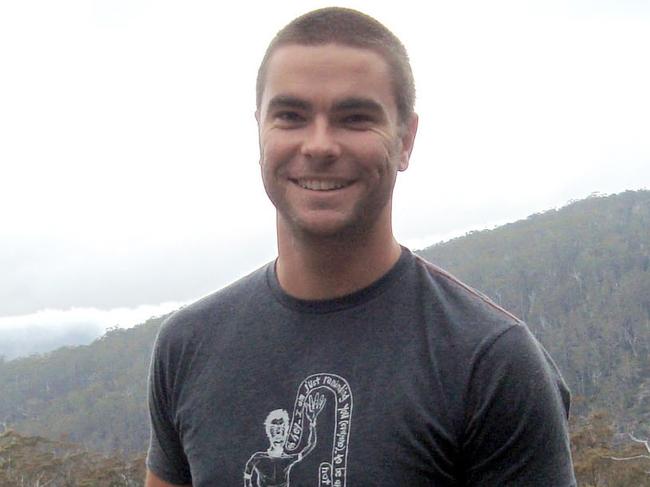
CCTV footage shows Kelsall watching Mr Huxley through the pub window for half an hour. When Mr Huxley leaves, Kelsall follows him home, sneaking into his apartment door after him.
Once Mr Huxley is asleep, Kelsall sexually assaults him before stabbing him to death in his bed.
Enter Dr Pulman, who is hired by the prosecution to uncover what could have motivated the bizarre crime.
She sits opposite Kelsall in an interview room at Long Bay Prison.
He’s pale and weedy, with wire-framed glasses and a cowlick of brown curls – the type of kid who looks unlikely to return his library books late, let alone commit a murder.
“You know I’m autistic,” Kelsall said to open their conversation.
“I’ve seen that in the file,” Dr Pulman replied.
“Well, I am. I’ve got this habit where I have to tap the sides of my glasses every time I take them off,” he added.
Dr Pulman’s interest piqued – it was unusual for an offender to put so much emphasis on their clinical diagnosis at the beginning of a consultation.
Her focus zeroed in when Kelsall took off his glasses, and replaced them without tapping the sides.
This was the first major indication, Kelsall may not have been as mentally impaired as he claimed.
A series of psychometric tests revealed his IQ was in the superior range, his ability to plan and concentrate well above average.
“He killed for the thrill of it, in my view,” Dr Pulman tells the Twisted Minds podcast.
“And it was just a crime to see if he could get away with it – and he didn’t
“I don’t think there was any diagnosis that would explain his behaviour in the sense of psychiatric diagnosis.
“He was from a loving family. He was adopted, there was nothing that I was aware of within the family that could have contributed to the crime that he committed. He was devoid of empathy.”
“Would he kill again if he was let out? I wouldn't want to live next door to him”.
Five years after she met Kelsall, Dr Pulman found herself in similar circumstances with a very different kind of killer.
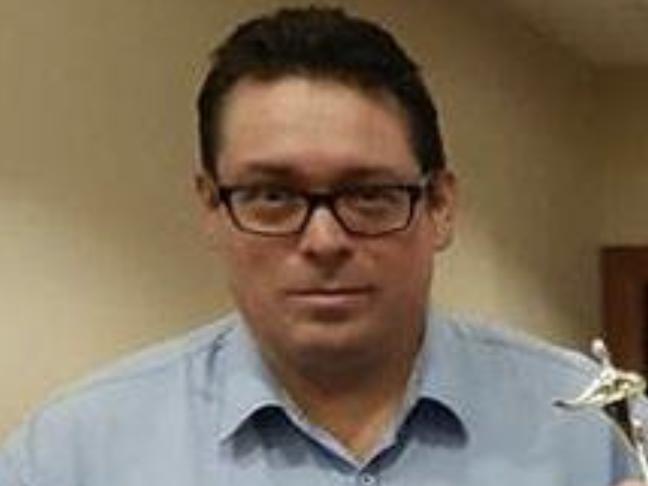
David Reid was 46 when one chilly August morning, he dressed for work before killing his parents Diana and Victor Graham Reid in the home the trio shared in Sutherland, in Sydney’s southern suburbs.
Like Kelsall, Reid was intellectually brilliant but a loner, who despite his advanced age had never moved out of home or maintained significant intimate relationships.
“If you’d looked at this man’s risk of committing a violent offence prior to the murder of his parents, you would say there was a very low risk, there was no indication,” Dr Pulman said.
But as she sat opposite the middle-aged man in prison greens, Dr Pulman was intrigued by his bizarre manner.
“You first meet the man, and you ask him a question and he is very slow to respond. And you think: did he hear me? Should I ask this question again?
“Did you hear me David?” And he’ll look around,” Dr Pulman said.

His responses were so delayed Dr Pulman considered an intellectual disability.
However, through her training as a neuropsychologist, she was able to test his brain function.
The results were startling, showing problems with judgment and problem solving.
“This is a profile of someone who’s had a severe brain injury. He has never had a brain injury but that’s how the brain is presenting,” she said.
This, coupled with Reid’s description of a childhood completely lacking in emotional support and affection, gave Dr Pulman more pieces to the puzzle and the court some explanation for his otherwise inexplicable violence.
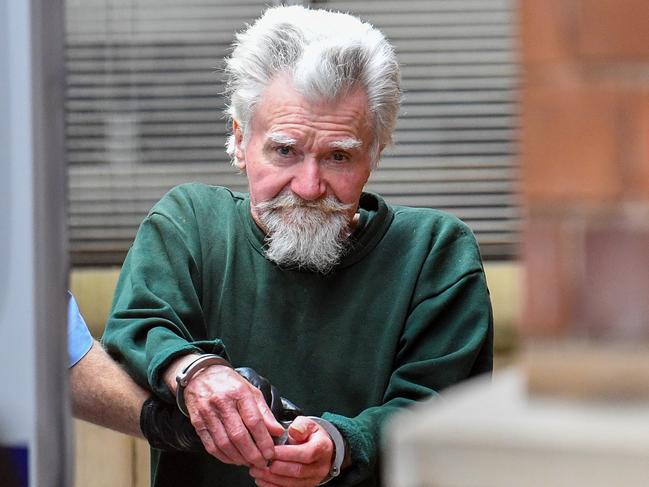
In a career marked by tragedy, Dr Pulman singles out Reid’s case as one of the saddest.
And the case of Cowra grandfather John Walsh, as one of the eeriest.
In 2008, Walsh stabbed his wife and took an axe to his police officer daughter. Then went on the run.
When Dr Pulman met him, their first interaction has always stuck with her.
He was keen to show his manners when he met Dr Pulman later in jail when she was called in to assess whether he had dementia.
“Oh, would you like a cup of tea?” he asked.
“There was no evidence of any dementia,” Dr Pulman said.
“I didn’t feel any sense of sadness or remorse or ‘this a tragedy’ like I had in other cases, where ‘look I’m sorry this has happened – I’m really sad about it, what have I done?’ There was none of that.
“I can remember him saying after he killed [them] he went and had breakfast. And I thought ‘how do you do that?’
LISTEN | WATCH | EXPERIENCE WWW.TWISTEDMINDS.COM.AU
Originally published as Twisted Minds podcast: Inside Australia’s most unlikely killers


